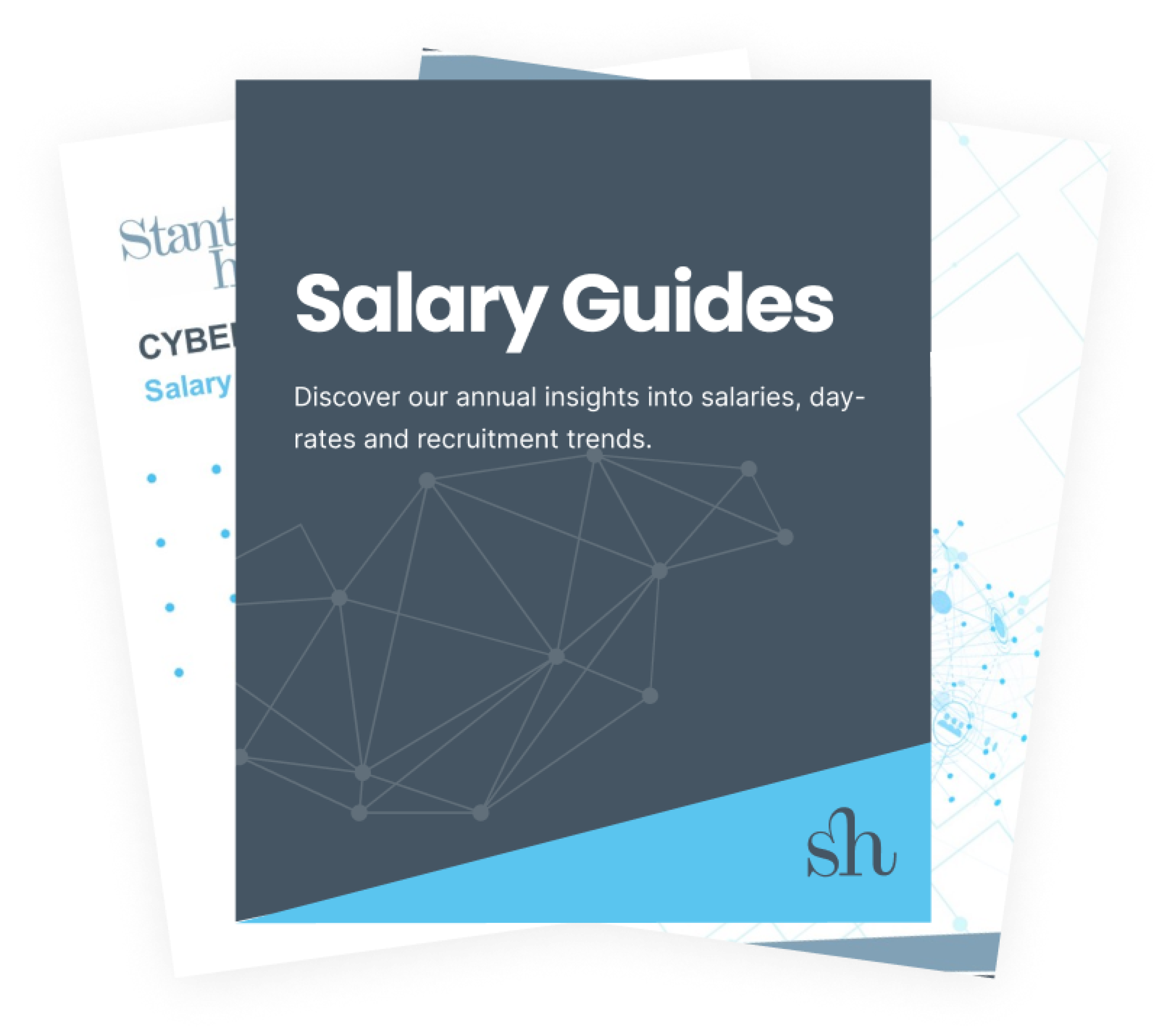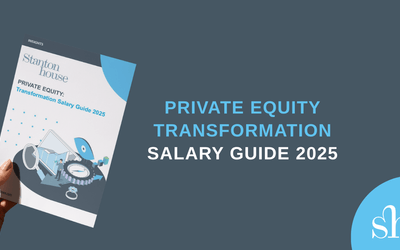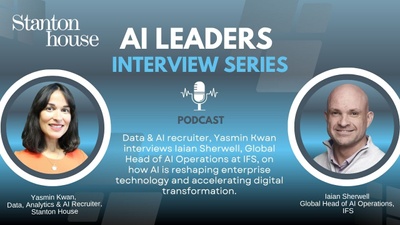
The Modern Fintech CFO: What it Takes to Lead in 2025
The fintech sector has moved well beyond its disruptive phase. It’s now a mainstream force reshaping how financial services are delivered, regulated, and consumed. As the industry matures, the role of the finance leader has transformed. Today’s CFOs are no longer back-office stewards - they are strategic operators embedded across product, technology, risk, and growth.
One of the most significant shifts we’re seeing is the move toward automation-first finance. As fintech businesses scale, manual processes quickly become blockers. Finance teams must now operate on cloud-native ERPs, leverage automation tools to streamline month-end close, and use real-time dashboards to inform decision-making. Leaders who can drive finance transformation, whether through implementing new tech stacks or eliminating inefficiencies, are in high demand.
Alongside automation, data literacy has become a baseline requirement. But beyond just reading data, the most effective finance leaders know how to act on it. In a high-growth, often ambiguous environment, it’s rare to have perfect data. Directional decision-making, powered by business intelligence tools and a strong grasp of customer and financial metrics, is what drives momentum. Finance teams are increasingly expected to connect financial KPIs with customer acquisition, retention, and lifetime value, turning insight into action quickly.
Regulatory change is another area demanding attention. The UK fintech and crypto space is under growing scrutiny, with the FCA tightening rules around financial promotions, crypto asset marketing, operational resilience, and consumer protection. BNPL providers, e-money platforms, and embedded finance businesses are all being pulled into more structured compliance regimes. For finance leaders, staying ahead of evolving regulation is non-negotiable. Those who can build scalable, international compliance frameworks, while embedding ethics into core decision-making, are proving invaluable. In the crypto space, where AML and registration requirements are stricter than ever, financial governance can make or break a firm’s licence to operate.
But technical skills alone aren’t enough. Today’s fintech CFOs are strategic and commercially minded. They help shape pricing models, support product monetisation, and anticipate future funding needs. Many operate as the CEO’s closest advisor, bridging ambition with execution. They think in business models, not just budgets, and play a lead role in aligning finance strategy with customer and product goals.
Cross-functional leadership is another defining trait. Finance now sits at the centre of every major decision, from go-to-market planning to tech investment. The ability to collaborate effectively with product, engineering, marketing, and operations is critical. The most successful CFOs operate as internal consultants, translating financial insights into clear commercial trade-offs and building trust across the C-suite.
Risk management is also firmly on the finance agenda, particularly when it comes to cybersecurity. With cyber threats rising - and the FCA reporting a 52% increase in material incidents across UK financial services, resilience is now a finance issue. Leaders are expected to understand how financial systems intersect with cyber risk, ensure adequate vendor controls are in place, and lead scenario planning around potential disruptions. Cyber awareness is no longer confined to IT; it’s a core part of financial stewardship and business continuity planning.
In short, the fintech CFO of 2025 is a different breed. They’re commercially sharp, digitally fluent, regulation-aware, and resilient in the face of constant change. Finance leadership is no longer about simply keeping the lights on; it’s about driving the business forward.
If you're a senior finance professional ready to step into a fintech leadership role, or a fintech business looking to scale with the right talent, I’d be happy to talk.
For permanent roles in Fintech, contact me, Tasmin Mason, at Stanton House. For interim opportunities, speak to my colleague Rory Black. Or explore all our live roles here.



















